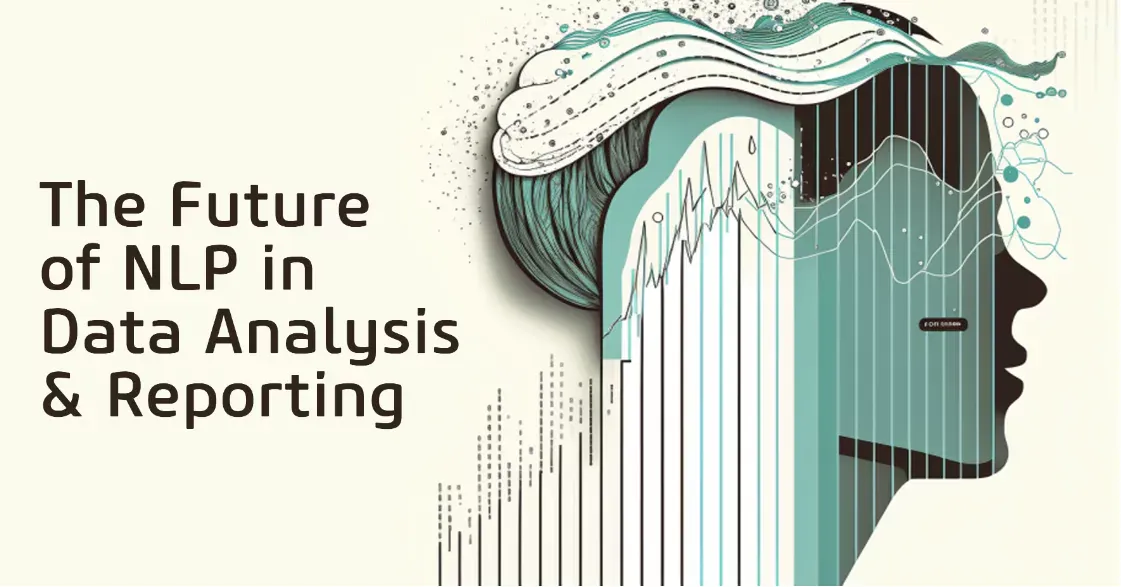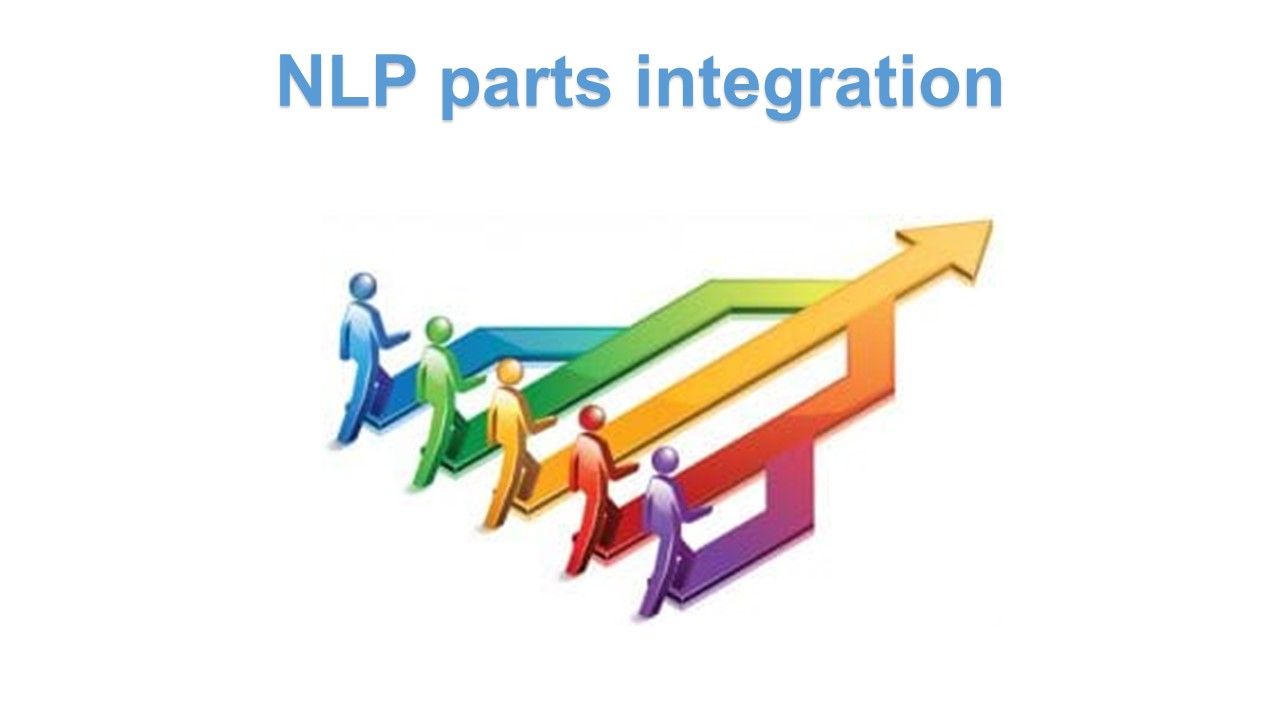Introduction
Machines get it. They really do. While we argue if a machine can ever be truly intelligent, they're already busy understanding us. Our words, our quirks, the way we say "awesome" and mean anything from "good job" to "I have no comment".
This isn't about robots taking over. It's about technology listening, learning, and getting to the heart of human chatter. Picture a world where your fridge suggests recipes based on your mumbled cravings. That's the tip of the iceberg.
Lurking in the background, NLP, or Natural Language Processing, is the secret agent in this scenario. It makes sense of our ramblings and transforms them into something structured, something actionable.
If you think about it, it's a bit like having a super-smart friend who gets what you're trying to say, even when your words get tangled up. This friendly guide's about how NLP's shaking things up across industries - by giving computers a crash course in human. It's more than technology; it's the art of understanding, and honestly, it's pretty cool.
Importance of NLP in Data Analysis
Data is everywhere. But not all data is easy to understand. A lot of it is text — like emails, social media posts, or customer reviews. This is where NLP, or Natural Language Processing, comes into play. NLP is a technology that helps computers understand human language. It's like teaching a machine to read and understand what's being said in a straightforward way.

Why does this matter? Well, because understanding this text data can tell us a lot. For example, what people think about a product, how they feel about a service, or what they need help with. However, reading and analyzing all this manually is almost impossible due to the sheer volume. This is the first way NLP helps in data analysis: by making it possible to understand large amounts of text data quickly.
Secondly, NLP helps in finding patterns. It's not just about understanding words but also the context and sentiment behind them. For instance, saying "This is sick!" can mean something is really good or really bad, depending on the context. NLP algorithms are designed to catch these nuances. This helps businesses understand not just what is being said, but how it's being said.
Moreover, NLP can pull out specific information from data. Imagine trying to find all mentions of a new product feature across thousands of customer reviews. Doing this manually would take days. NLP can do it in seconds. This kind of targeted analysis helps businesses focus on what matters, without getting lost in the data.
Another important aspect is trend analysis. By analyzing how language use changes over time, NLP can help spot emerging trends. For businesses, this can mean being one step ahead, understanding what their customers will want next.
Lastly, NLP makes data analysis accessible. Not everyone is a data scientist, but many people know how to ask questions. With NLP, you can ask a computer questions in plain language and get answers. This democratizes data analysis, making it something anyone can do.
In conclusion, NLP transforms text data from a bulky, untapped resource into a goldmine of insights. It speedens up analysis, makes sense of complex patterns, extracts specific details, spots trends, and makes data analysis accessible to everyone. This isn't just improving data analysis; it's revolutionizing it, making it possible to understand and act on data in ways we couldn't before.
Suggested Reading:How NLP Integrations Improve Data Analysis and Decision Making
How NLP Integration Can Improve Decision Making?
Let's now talk about how NLP can help to make better decisions.
In a perfect world, every decision we make would be based on solid data. We would know all the facts, look at all the possibilities, and then choose the best one. But we live in a world where data is often messy and hard to understand. This is where NLP can help.

NLP can take all this messy text data and turn it into clear, usable information. You have all these customer comments, user reviews, and forum posts. NLP sorts through them, finds out what is important, and hands you the insights. You now have a summary of what everyone is saying, without having to read every single comment.
For example, let's say you run a software company. Your company just launched a new feature, and you want to know what the users think. Do they like it? Are they having problems? Rather than having the team read through mountains of feedback, you can use NLP. In seconds, it gives you a breakdown of the main points. It might tell you that 60% of comments are positive, many mentioning that the feature saves them time. However, 20% had some issues with understanding how it works.
With these insights, your decision-making process is now informed and quicker. You know that the feature is largely appreciated, but there's room to improve its easiness. Perhaps it's time to create a tutorial. Rather than guessing or taking a long time to figure it out, NLP helped you see what you need to do, fast.
NLP, though, isn't just about feedback. It can also help make proactive decisions. For example, by tracking how language changes over time, it can spot market trends before they're obvious to everyone. NLP can give you clues about what might happen next, letting you make strategic moves ahead of time.
Using NLP also means that more people can get involved in decision making. No more need to be a data scientist to understand what's going on. NLP allows anyone in your team to ask questions and get clear answers from your data.
In summary, integrating NLP in your decision-making process means making better, faster decisions, and letting more people contribute to these decisions. The result? Your business moves forward confidently, knowing your decisions are backed by what your data is actually saying.
Practical Applications of NLP in Industries
NLP isn't just a cool tech phrase. It has real uses in many industries. Let's talk about a few examples to show how wide-ranging NLP's impact can be.
Healthcare
Imagine doctors and nurses being able to pull up any patient's history just by asking a question. NLP makes this possible. It digs through old reports, notes, and even handwritten memos to find relevant information quickly. It's also being used to read and understand test results, sometimes catching things that might be missed.
Marketing and Retail
Companies use NLP to understand what customers are saying about them online. This isn't just looking at star ratings. It's about getting into the nitty-gritty of customer reviews, social media chatter, and even emails.
What do customers like? What do they hate? NLP helps companies find answers to these questions without having to read every comment themselves. It helps them tailor their messages and products to what people actually want.
Suggested Reading:How NLP Integrations Improve Data Analysis and Decision Making
Finance
NLP is a game-changer in finance for tasks like market analysis and fraud detection. By analyzing financial news, reports, and social media, NLP can give insights into market trends.
For fraud detection, it looks at patterns in transactions and communication that might signal shady activities. All this means better, faster decision-making in a field where time is literally money.
Customer Service
Ever chatted with a customer service bot? There's a good chance NLP was working behind the scenes. These bots can handle basic queries by understanding customer requests in natural language. This not only speeds up response times but also frees up human agents to tackle more complex issues.
Legal Field
Analyzing legal documents is time-consuming. NLP helps by quickly finding relevant cases, laws, and precedents from vast databases. Lawyers can spend less time sifting through documents and more time on strategy and client interaction.
NLP transforms industries by assisting with data analysis, improving customer interactions, spotting trends, and much more. It's not about replacing humans but rather enhancing our ability to process and understand vast amounts of information quickly. Whether it's healthcare, marketing, finance, customer service, or law, NLP is making its mark and it's here to stay.
Suggested Reading:How NLP Integrations Improve Data Analysis and Decision Making
Conclusion
So, we've seen how NLP is a game-changer across different fields. From making sense of vast text data to helping industries understand and serve their users better, its impact is broad and deep. Whether it's pulling out insights quickly, spotting trends, or enhancing customer service, NLP is behind some of the smart improvements we're seeing today.
It's not just about having access to data; it's about making that data work for us in practical, actionable ways. NLP bridges the gap between having information and truly understanding it. This means decisions are no longer just guesses; they're informed choices.
In essence, integrating NLP into our processes isn't just an upgrade—it's a revolution in how we handle and interpret data. It's making our work smarter, faster, and more inclusive. And that's something to be excited about.
Frequently Asked Questions (FAQs)
What's the difference between NLP and AI?
While AI is the broad science of machines trying to mimic human intelligence, NLP is a subfield of AI, specifically focused on how computers can understand and use human language.
Does NLP need a lot of data to work effectively?
Generally, the more data NLP has, the better it works. That said, there are methods to train NLP systems even when data is limited.
Is NLP secure? Can it be used for sensitive information?
Yes, NLP can be designed with robust security measures. But, as with any technology handling sensitive data, proper safeguards should be in place.
Can NLP understand different languages or just English?
Multilanguage NLP systems exist, able to understand numerous languages. However, many are still most proficient in English.


